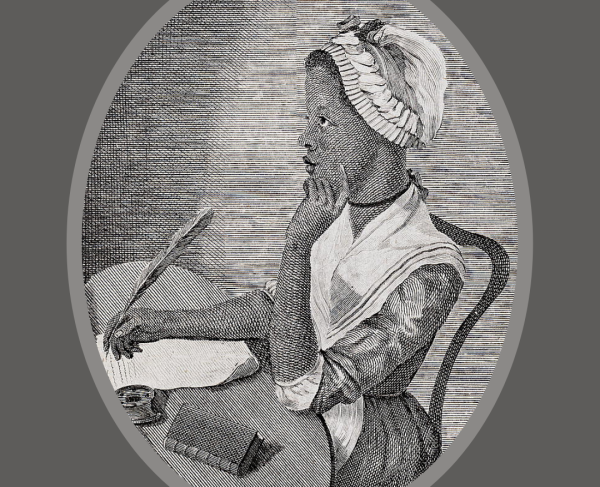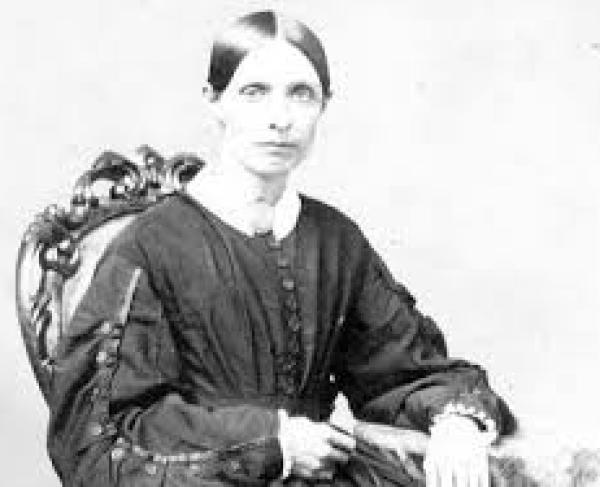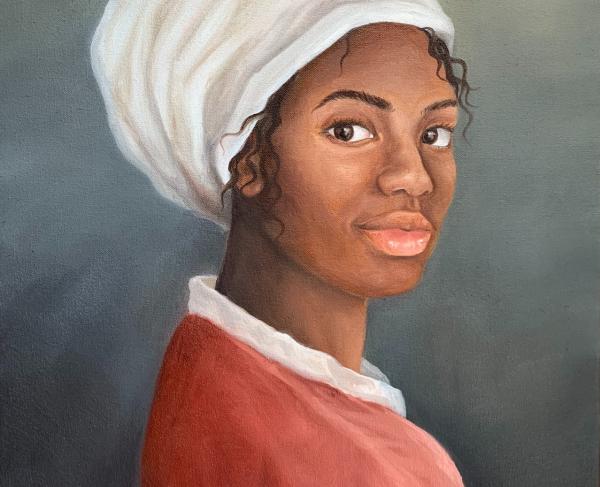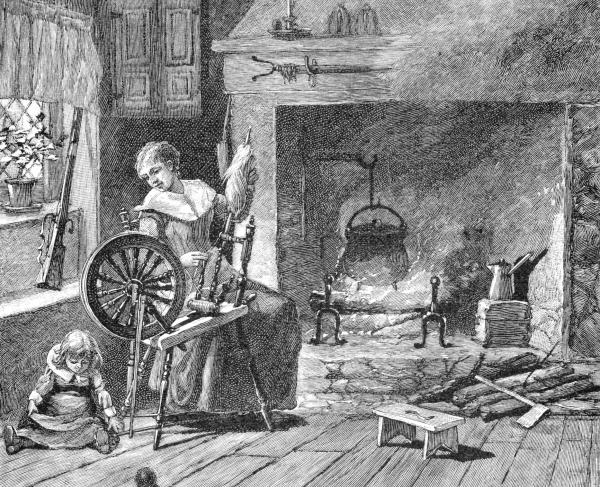Phillis Wheatley

Many Americans are unaware that the institution of slavery was practiced in all the original thirteen colonies before the start of the American Revolution. One of America’s early literary giants was an enslaved woman from Massachusetts, Phillis Wheatley. Born in West Africa, Wheatley was captured and sold into slavery as a child. When the ship carrying her to North America landed in Boston she was purchased as a house servant for the wife of a local merchant, John Wheatley. Her mistress, Susanna named her after the ship on which she had traveled. The Wheatleys were an enlightened family and they recognized that Phillis had a quick mind. They taught her to read and write English and nurtured her interest in and ability in poetry. This was rather uncommon for the time even in progressive-minded Massachusetts. By the time she was 12, she could not only read and write English but Greek and Latin as well. Her first poem, “To the University of Cambridge in New England” was written when she was 14. Her education was further encouraged by her masters and she pored over the works of ancient Greek and Roman writers as well as those of the Enlightenment and the early 18th century. Many of her writings were of a spiritual nature.
In 1773 her first book, Poems on Various Subjects, was published in London. For many, the book made her “the most famous African on the Earth.” Even the great French philosopher, Voltaire was impressed and inspired by her work, writing friends arguing that people of color could indeed be literate and write poetry. As tensions grew between Great Britain and her colonies Phillis turned her attention to political matters in her writing and often corresponded with British writers discussing at length the tenor of the times. That same year she was manumitted by the Wheatley’s. During the Siege of Boston in 1775, she wrote a poem, “To His Excellency George Washington” and had it sent to him at his Cambridge headquarters whereupon Washington invited her to visit with him in 1776. In 1778 after the death of her former masters, Wheatley married John Peters, a free black. They lived in near poverty and their two children died in infancy. To make ends meet, Wheatley took menial jobs working as a domestic for people, a task with which she was familiar. Succumbing to illness Wheatley died at the age of 31, but not before she had placed her stamp on the written English word, particularly of the American genre.


